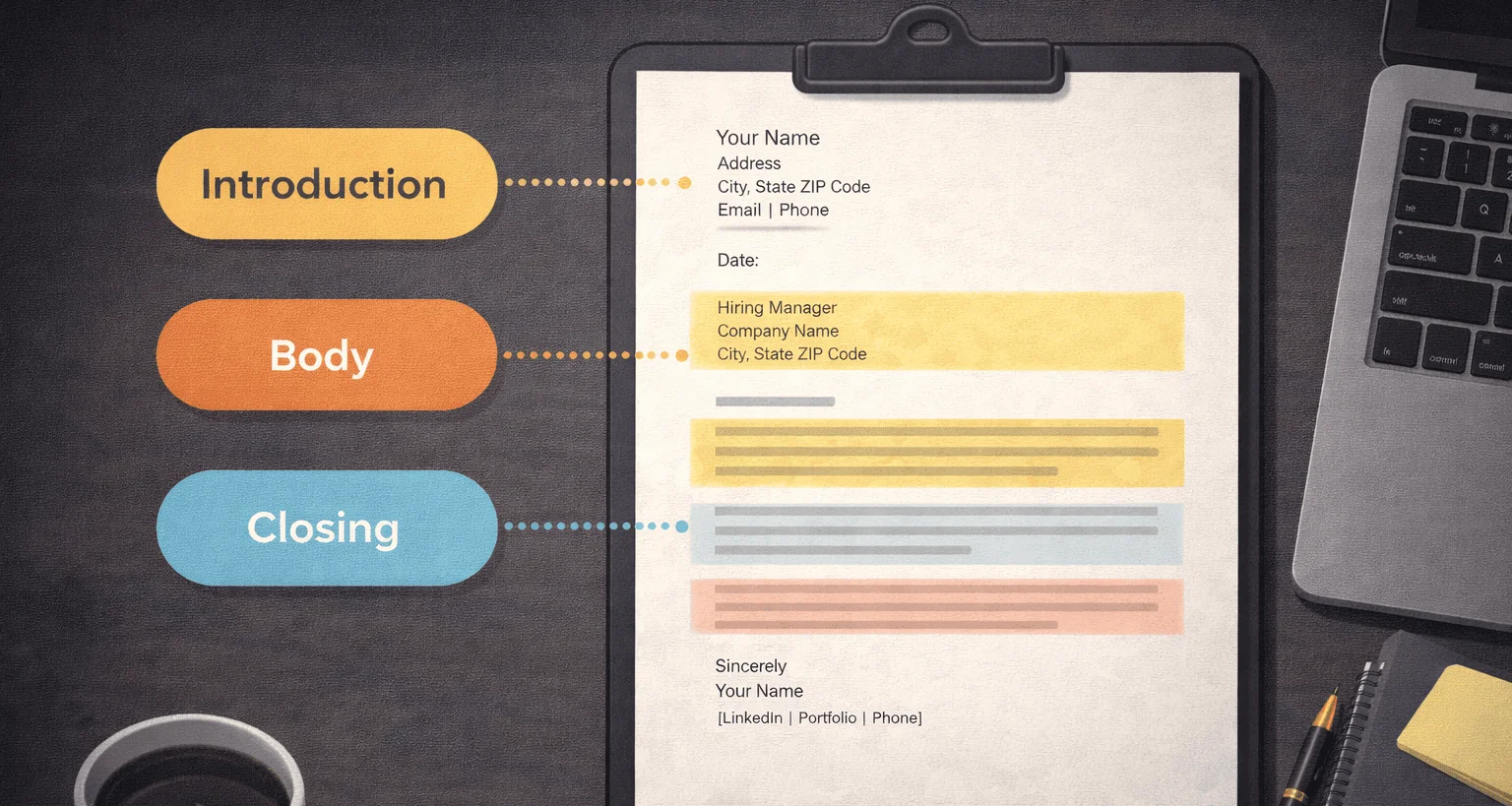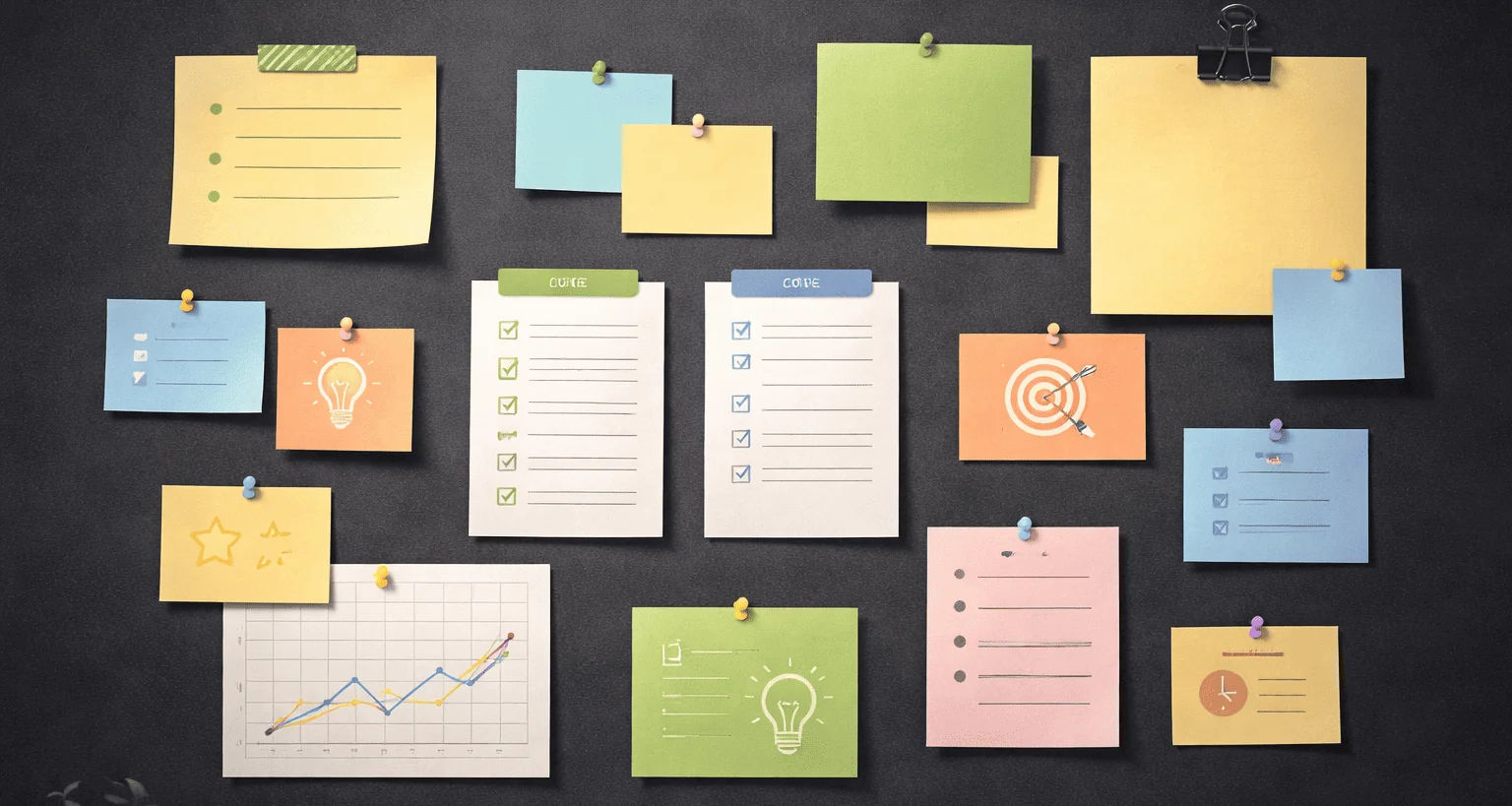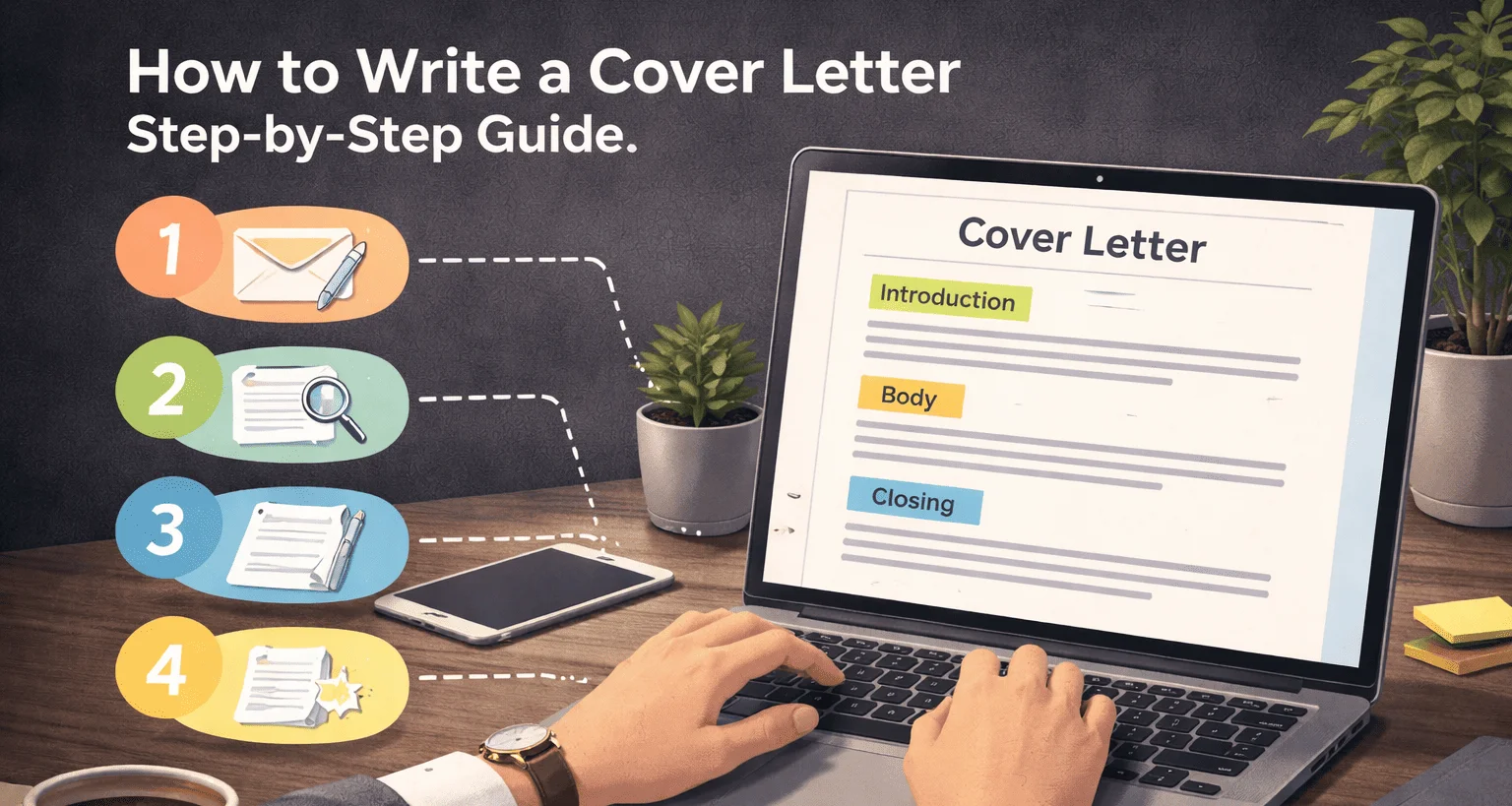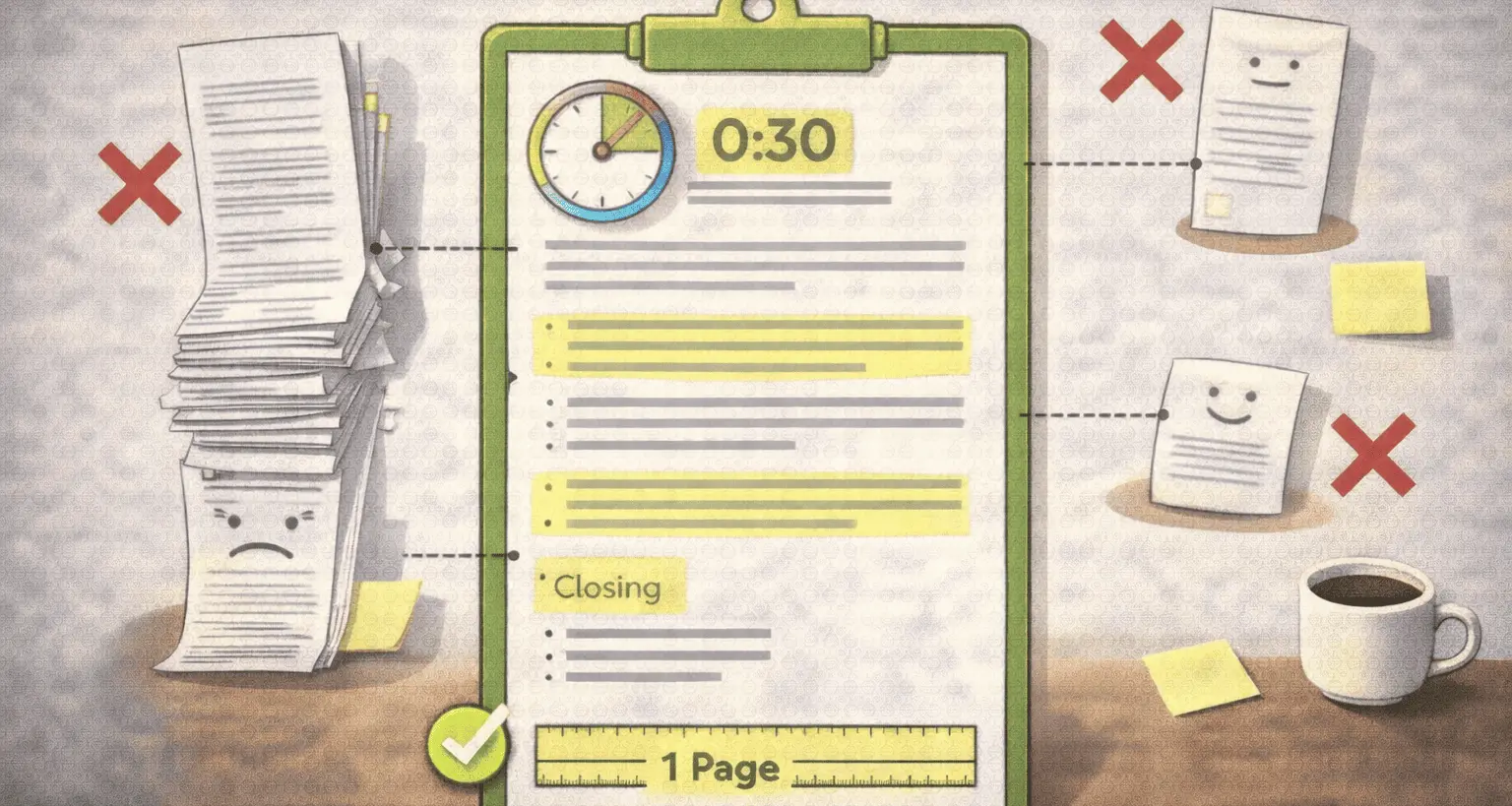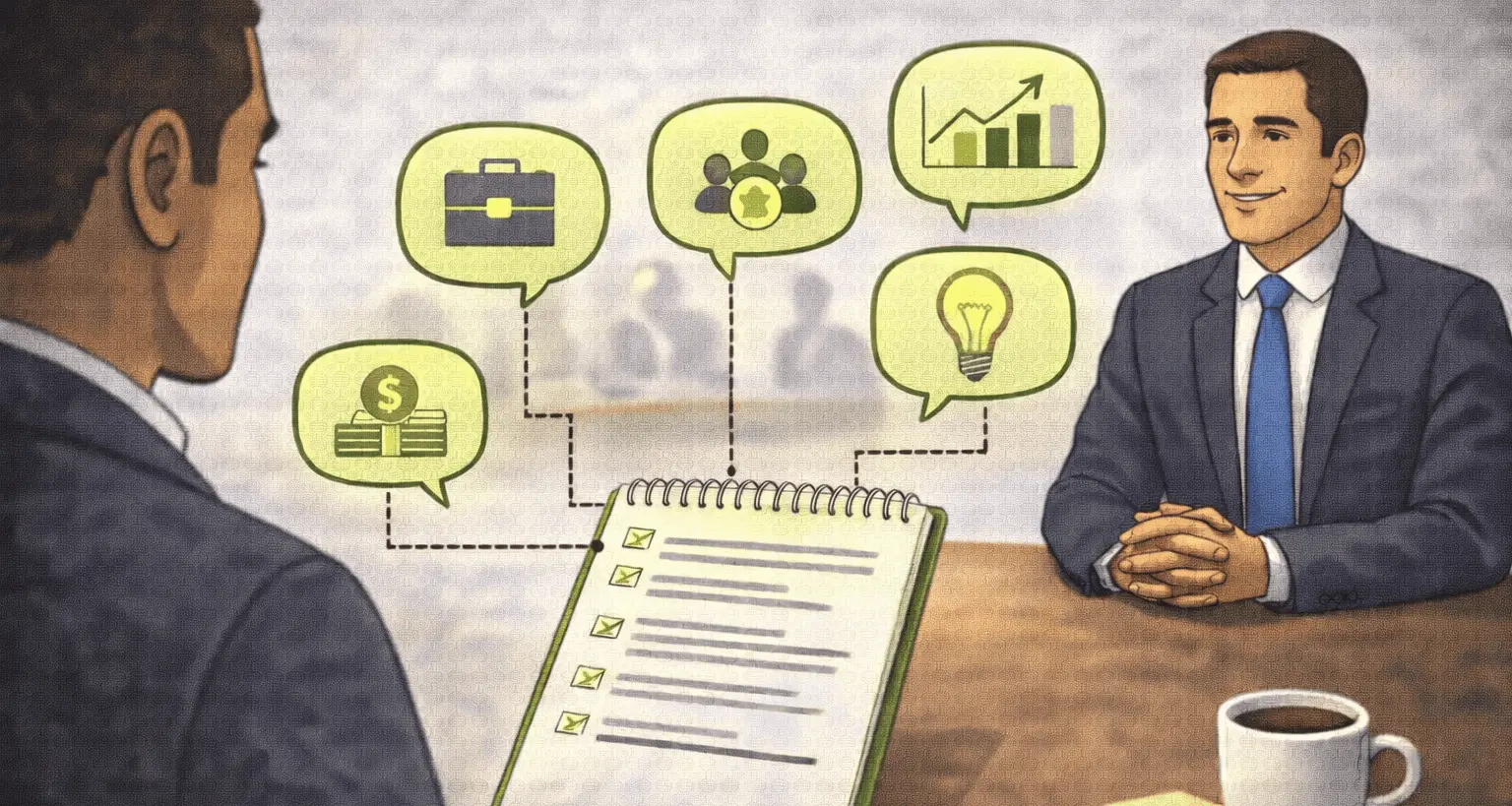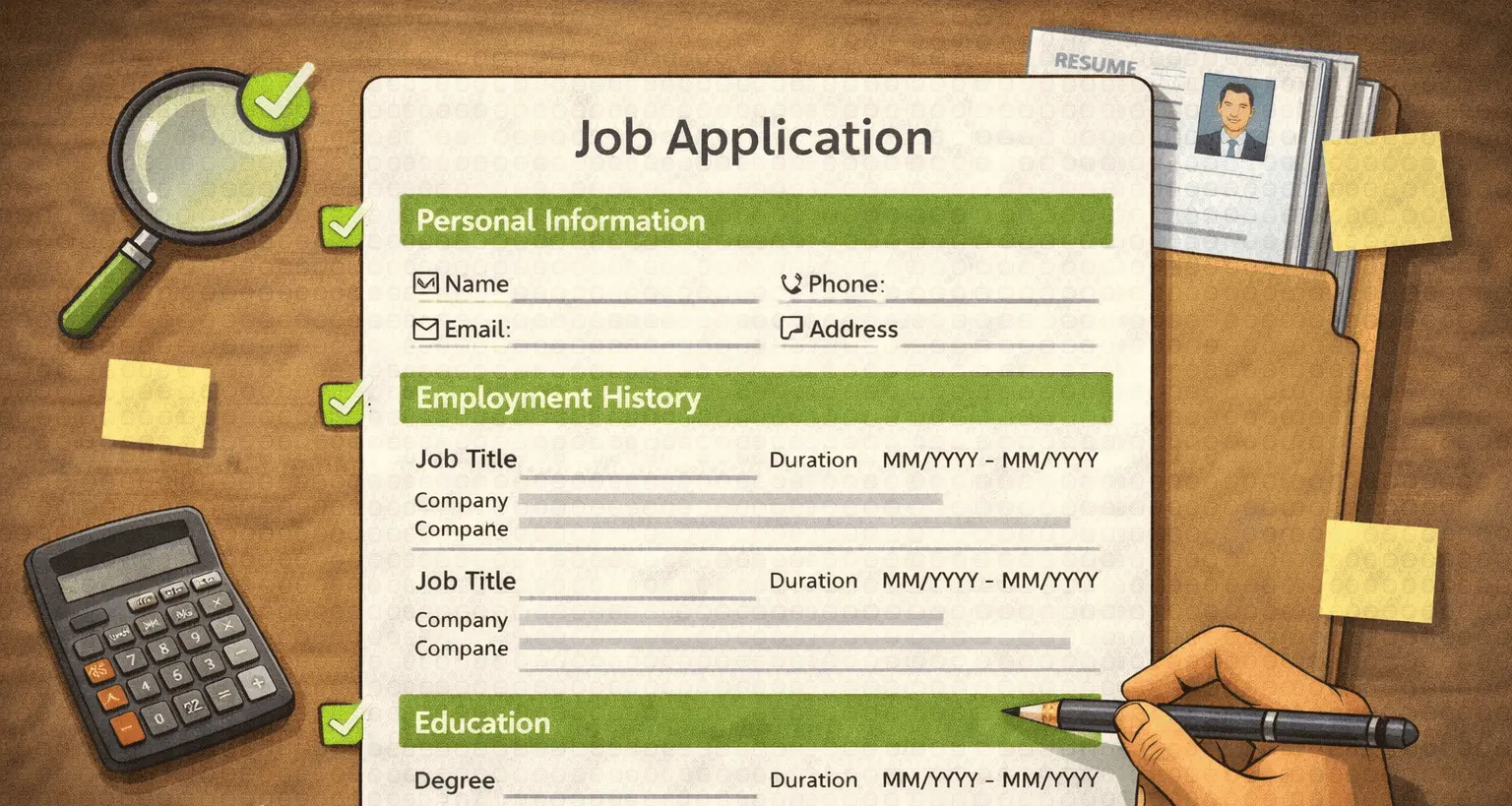You landed an interview. Your heart's racing. You're wondering: what if I mess this up? What does it actually take to pass a job interview? The truth is, passing isn't about being perfect or having all the answers memorized. It's about being prepared, communicating clearly, and showing genuine interest in the role. Thousands of candidates pass job interviews every day—and so can you. In this guide, I'll walk you through the practical steps to pass your next job interview with confidence, from preparation to follow-up.
Many people think passing an interview is luck. It's not. It's a learnable skill. When you understand what hiring managers are looking for and how to present your experience effectively, passing becomes much simpler. You'll learn how to navigate common questions, avoid traps, and leave a strong impression. Let's get into the real strategies that help candidates pass job interviews consistently.
What Does It Mean to Pass a Job Interview?
To pass a job interview means more than just showing up and talking. It means you've demonstrated that you can do the job, you understand what the role requires, and you're someone the team would want to work with. When you pass a job interview successfully, the hiring manager feels confident moving you forward in the process. They see a fit—not necessarily perfect, but promising.
Passing a job interview is really about clearing the bar they've set. You're not competing for the absolute best candidate—you're competing to move past this round. That perspective shift matters. It means you can relax slightly and focus on being authentic rather than trying to be superhuman. When you focus on clearly communicating your value without overselling, you're much more likely to pass.
The baseline to pass a job interview includes: understanding the job description, being able to connect your background to their needs, asking thoughtful questions, and following up professionally. These aren't tricks—they're fundamentals that candidates who pass consistently use.
Research the Company and Role Before Your Interview
You can't pass a job interview if you don't know what the company does or what they're really hiring for. This is non-negotiable. Spend 30-45 minutes researching before your interview. Start with the job posting—read it like a blueprint for what they need. Notice which skills appear multiple times. Those are priorities.
Next, understand the company. Visit their website, read about their mission, check their recent news or funding announcements. Look at their LinkedIn page to see who works there and which departments are hiring. This shows you they're growing in certain areas. When you mention during your interview that you noticed they're expanding their engineering team, it signals you did your homework. Hiring managers notice and respect that.
Here's what to look for during your research:
- Recent company announcements, launches, or funding rounds that show direction
- Their products or services and how they compare to competitors
- Company culture signals—what they say about values, team, working style
- The specific team or department you'd be joining, if possible
- Your interviewer's background or role at the company
- Industry trends or challenges affecting their business
When you can reference something specific about the company during your interview, you immediately stand out from candidates who just show up generic. This prep is one of the easiest ways to pass a job interview because most candidates skip it entirely.
Prepare Your Stories Using the STAR Method
To pass a job interview, you need to answer behavioral questions smoothly. These questions follow a pattern: "Tell me about a time when..." These aren't random. Interviewers use them to predict how you'd handle situations on the job. Your job is to answer with specific stories, not generic philosophies. This is where the STAR method comes in—it's your framework to pass these questions consistently.
STAR breaks down like this:
- Situation: Set the scene quickly. "I was working as a project manager on a product launch team of six people. Two weeks before launch, we discovered our core feature had a critical bug."
- Task: Explain your role clearly. "I owned the responsibility to coordinate the fix and keep the launch on track."
- Action: Get specific about what YOU did. "I pulled the team together for a working session, we identified the root cause within hours, and I created a phased fix plan that let us launch the main feature on schedule while patching the bug in a hotfix the next day."
- Result: Show what happened because of your actions. "We hit our launch date, customers never experienced the bug, and we actually built a more robust testing process afterward."
Before your interview, prepare 5-7 STAR stories covering these themes: leadership, handling conflict, solving a problem, adapting to change, and failure/learning. When you have these ready, you'll be able to pass behavioral questions naturally because you're not making things up on the spot. You're delivering prepared, authentic examples. Write these out or practice them out loud—that preparation is what helps candidates pass.
Master Your Answers to Standard Interview Questions
Certain questions come up in almost every interview. To pass a job interview, knowing how to handle these smoothly is essential. You don't need to memorize robotic answers, but you should have a clear thought process for each one.
"Tell me about yourself" – This is your opening pitch. You get about 60 seconds. Don't recite your resume. Instead, create a brief narrative: where you came from professionally, what you've accomplished, and why you're interested in this opportunity. "I started in customer support because I wanted to understand how products actually get used. That led me to operations, where I owned process improvements that reduced our ticket resolution time by 30%. I realized I loved building systems and processes, which is exactly what drew me to this role." You're showing progression, achievements, and genuine interest. That helps you pass this critical first question.
"Why do you want this job?" – Generic flattery doesn't work. Instead, show you've thought about why this specific opportunity matters to you. "When I researched your company, I saw you're tackling accessibility in a way most platforms ignore. That mission matters to me personally. Plus, this role would let me lead a team for the first time, which is exactly the next step in my career. Your growth trajectory makes that possible." You've shown research, aligned your goals with their needs, and explained your motivation. That's how to pass this question.
"What are your strengths?" – Pick 2-3 strengths that actually match the job posting. For each one, give a quick example. Not "I'm a good communicator," but "I've always been able to explain technical concepts to non-technical stakeholders, which has helped me work cross-functionally across engineering, product, and sales teams." Specific example beats generic claim every time.
"What are your weaknesses?" – This is a trap if you're not careful. Don't pick something disqualifying for this role. Don't be too cute ("I work too hard"). Instead, pick something real but not critical, and show growth. "I used to jump into problem-solving without fully understanding context, which led to rework. I realized that and now I always start by asking questions and gathering information. It's made me a better collaborator." You're admitting a real challenge, showing self-awareness, and demonstrating growth. That's how to navigate this without torpedoing yourself.
"Where do you see yourself in five years?" – They want to know if you're ambitious, realistic, and likely to stick around. "I want to deepen my expertise in this field and potentially lead a small team. I'm drawn to companies that invest in their people's growth, and your team seems like that environment. I'm not trying to run the company, but I do want to become someone people come to for guidance." You're showing stable ambition and interest in growing with the organization. That's what they want to hear.
When you can answer these questions thoughtfully and specifically, you're already ahead of most candidates competing to pass your interview.
Listen More Than You Talk During the Interview
Here's a secret about passing job interviews: most candidates are so nervous about what they're going to say that they forget to listen. They launch into prepared answers without actually hearing the full question. To pass a job interview, slow down and listen actively. When the interviewer asks something, take a breath before you respond. Make sure you're answering what they actually asked, not what you prepared for.
Active listening also means you can adapt. If an interviewer probes deeper into one aspect of your experience, lean into that rather than rigidly following your script. "That's a great question—let me dive deeper into that." This responsiveness shows confidence and genuine engagement. It transforms the interview from a Q&A into a conversation. People hire people they feel connected to, and conversation builds connection. Listen carefully, and you're more likely to pass.
When you listen, you also pick up signals about what matters to them. If they circle back to a particular skill or challenge multiple times, that's important. Address it more thoroughly. When you're responding to what they actually care about, you're demonstrating fit in real-time. That's powerful.
Ask Thoughtful Questions That Show Strategic Thinking
When they ask "Do you have any questions for us?"—this is your chance to flip the dynamic and demonstrate intelligence. To pass a job interview, you're not just being interviewed; you're evaluating them. Your questions should show you're thinking strategically about the role and company.
Ask questions like these:
- "What does success look like in this role after the first six months?"
- "Can you describe the team dynamics and who I'd be working with most closely?"
- "What's the biggest challenge this team has faced recently, and how are you addressing it?"
- "How do people typically progress from this role? What's the path to the next level?"
- "What would you want someone to achieve in this position that would make you think, 'Wow, this hire was perfect'?"
These questions accomplish multiple things. They show you're thinking strategically. They signal that you're genuinely interested and evaluating fit. They give you crucial information to decide if this is right for you. And they often prompt interviewers to talk about areas they're passionate about—their answers reveal what really matters to them. That's golden information. Avoid questions you could Google. Pass this test by asking questions that show you're thinking long-term and seriously about this opportunity.
Present Yourself with Confidence and Professionalism
To pass a job interview, you can't just have good answers—you need to deliver them with presence. This means your body language, tone, and energy all matter. Sit up straight. Make eye contact. Smile when appropriate. Speak clearly at a moderate pace, not rushed. These aren't small details—they're foundational to how people perceive you.
Watch out for nervous habits that undermine your message:
- Fidgeting—keep your hands visible and still, resting on the table or in your lap
- Speaking too fast when nervous—intentionally slow your pace and pause between thoughts
- Avoiding eye contact—aim for 60-70% eye contact, natural and engaged
- Monotone delivery—vary your pitch and pace to keep things interesting
- Defensive posturing—don't cross your arms, keep your body language open
If you're doing a virtual interview, sit at a proper desk, look at the camera, and dress as professionally as you would for an in-person meeting. Your environment matters too—clean background, good lighting. When you show up polished and present, interviewers feel like you respect the opportunity. That helps you pass.
Prepare the Night Before and Day of Your Interview
Proper preparation before your interview dramatically increases your chances of passing. The night before, lay out everything: your outfit (pressed and professional), printed copies of your resume, your portfolio or any samples if relevant, and notes with company insights and key questions. Get solid sleep—don't stay up cramming. A rested mind performs better in pressure situations.
The morning of your interview, eat a good breakfast, hydrate, and do light review of your STAR stories. Do a quick walk or breathing exercise to calm your nervous system. Arrive 10-15 minutes early if it's in-person. For virtual interviews, test your setup 5 minutes before the start—camera, microphone, internet. When you're logistically prepared, you can focus mental energy on the actual interview. That preparation is how candidates pass.
Follow Up After Your Interview to Reinforce Your Interest
Your interview doesn't end when you leave the room. What happens next matters. Within 24 hours, send a thank-you email to everyone who interviewed you. This isn't perfunctory—it's personalized. Reference something specific from your conversation. "When you mentioned the team's focus on shipping monthly releases, it resonated because I've thrived in fast-paced environments where iteration trumps perfection. That's exactly what got me excited about this opportunity."
Your follow-up email should be brief—three paragraphs max. Thank them, reference something specific, reaffirm your interest, and make it easy for them to move forward. No typos, professional tone, sent within their business hours. Many candidates skip this, which is a mistake. A thoughtful follow-up keeps you top-of-mind and reinforces your professionalism. If you don't hear back within their stated timeline, a polite follow-up a week later is fair: "I remain very interested in this opportunity and am happy to provide additional information if helpful."
This persistence, done professionally, shows dedication without being pushy. It's another way to pass the interview by staying engaged through the entire process, not just during the conversation itself.
Common Mistakes That Prevent Candidates From Passing
Knowing what NOT to do is as important as knowing what to do. Candidates often fail to pass job interviews because of preventable mistakes. Don't be unprepared—research the company and role. Don't be late—schedule travel time and arrive early. Don't bring your phone into the interview—it signals disrespect. Don't interrupt the interviewer—let them finish their questions and thoughts.
Don't oversell yourself with exaggeration—credibility matters more than chest-thumping. Don't badmouth previous employers—it raises red flags about your judgment. Don't be negative about the role or company—why are you here if you're not interested? Don't forget to ask questions—it makes you seem disengaged. Don't forget to follow up afterward—it shows you're professional and committed.
These mistakes are easy to avoid once you're aware of them. Most candidates who fail pass job interviews because they overlook these basics. By avoiding them, you're already ahead.
The Real Path to Passing Your Job Interview
To pass a job interview, you don't need to be flawless or have the most impressive resume in the world. You need to be prepared, authentic, and engaged. Research the company, have your stories ready, practice your answers, listen actively, ask smart questions, and follow up professionally. Each of these steps increases your chances of passing.
Remember that hiring managers want candidates to succeed. They're hoping you'll be great because finding the right person solves their problems. When you show up prepared and genuine, you're making their job easier. You're showing respect for their time. You're demonstrating that you take the opportunity seriously. That's what helps you pass.
Your next job interview is an opportunity to show your value. Go in with confidence knowing you've prepared. Focus on having a conversation, not delivering a performance. Connect your experience to their needs. Listen to what they're really asking for. Show genuine interest in the role. Do all that, and you'll pass your job interview. Start implementing these strategies today, and you'll be ready when your next interview comes.
Further Reading & Resources
Explore these internal guides and credible external resources to deepen your interview preparation.


